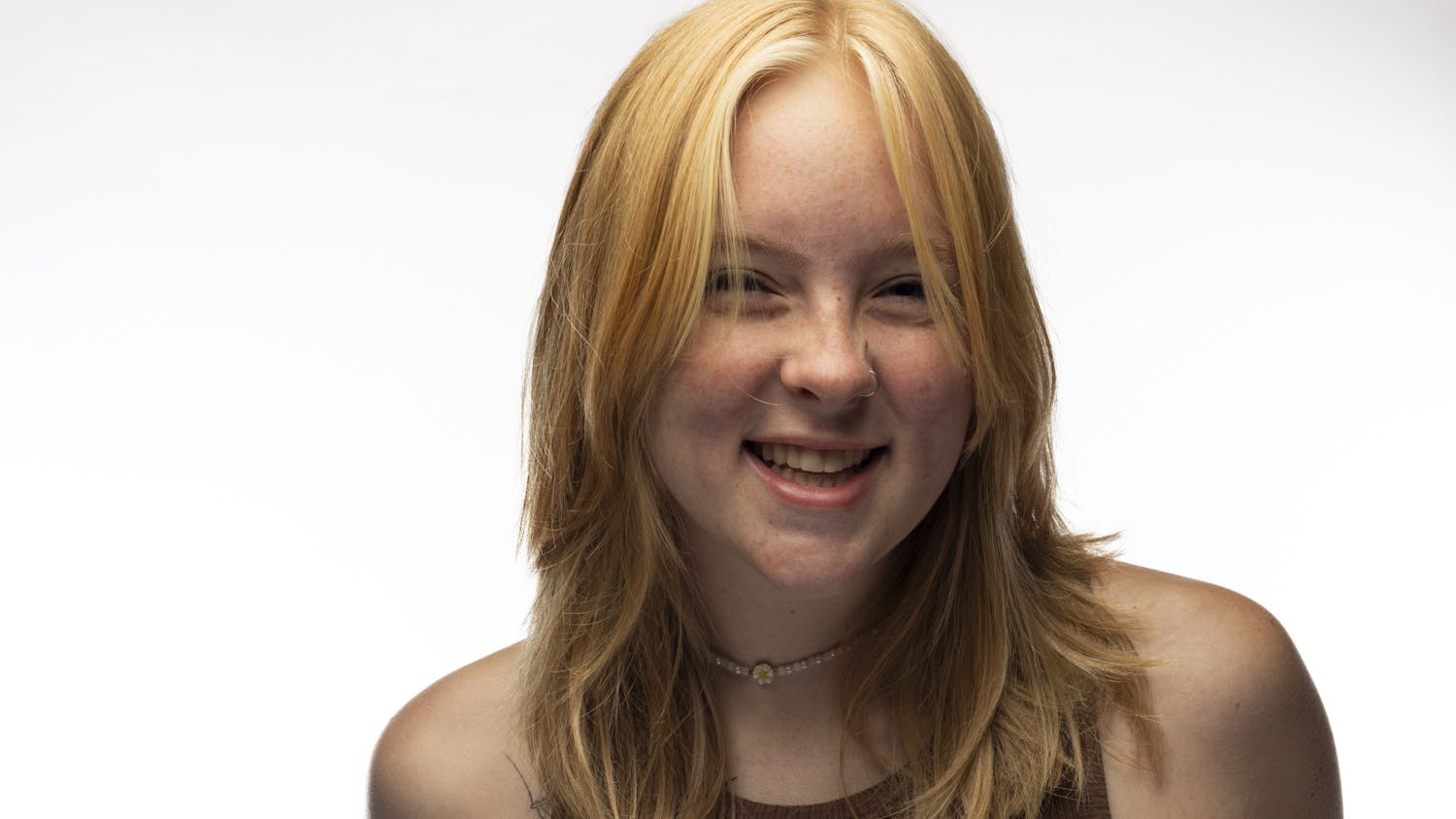Safiya Ahmed fled Mosul, Iraq, in the summer of 2014 to Erbil, Iraq, when the Islamic State, or IS, group entered the city. Since coming to the U.S. in January 2015, she is one of the last students from Iraq to study in the U.S.
Ahmed studies under the Higher Committee for Education Development, or HCED, program, a scholarship program from the Office of the Prime Minister of Iraq. In May 2015, the country’s higher education minister signed two measures that cut funding to study abroad programs by 50 percent and limited the government’s support to three years, according to The Conversation.
In April 2016, some HCED students lost funding for tuition because of a problem with Trade Bank of Iraq, Iraq’s largest government bank, according to Alhurra, a news organization operated by non-profit corporation The Middle East Broadcasting Networks. HCED fixed it and sent the tuition after seven months.
“We were here without salary, so we really had a bad time,” Ahmed, a graduate student studying civil engineering, said. “That’s why they stopped HCED.”
Ahmed said the government is using a lot of money to liberate cities and help them recover from the IS, so it stopped sending students abroad through the HCED.
The IS is one militia among many that emerged in Iraq after the 2003 U.S. invasion and occupation, Ziad Abu-Rish, a history professor and director of the Middle East and North Africa Studies Certificate program, said. Those policies resulted in the dismantling of the Iraqi state and the breakdown of the country’s social fabric, he said.
“Beyond the devastation of Iraqi infrastructure, the killing and maiming of thousands of Iraqis, and the displacement of tens of thousands of people, U.S. policies disbanded the Iraqi army, created (a) major unemployment problem, and an exodus of skilled bureaucrats and civil servants,” Abu-Rish said in an email.
When IS entered Mosul, Ahmed and her family lived near the military base. The Iraqi military told her and her family they did not need to leave the city before the IS came, but a few days later the military left and her family remained inside the city. The day the IS came, she and her family could not leave and had to stay at home.
“It was really the worst night I ever had in my life,” Ahmed said.
The IS came June 9, 2014, and sent a bomb truck to the military base. It was horrible, Ahmed said. They could not sleep. Her family remained in the city until June 15, and they fled to Erbil, where one of her brothers still lives. Now, her parents and three of her siblings live in Turkey.
That was not the first time the IS had sent a bomb vehicle to her city, she said. In 2013, it sent a bomb car to the military base, and Ahmed could see the fire and the glass around them.
“I felt like almost I (was) going to die,” she said.
Since coming to the U.S. to study, Ahmed is unable to return to visit her family because her J-1 visa, which offers educational opportunities for students, is expired. If she were to return to Iraq, she would have to wait another two years before applying for another visa.
When she talks to her friends who are still in Mosul, she realizes how lucky she is to have been able to leave. Many of her friends felt like they have wasted their lives for the past three years, as they were unable to leave and were forced to stay at home. Every family that stayed in Mosul has a family member that died under IS control, Ahmed said.
“Muslims are the ones affected by ISIS, and people think Muslims are ISIS, which really makes me feel bad,” Ahmed said. “That’s why I want people to know about this. We are not ISIS, we are not terrorist people. We are human, we want to live in peace and we want to practice our religion like everybody else (does) without affecting other people.”
Ami Scherson, a junior studying music, met Ahmed through International Student Union in spring 2017 when they first started working together on the executive board. Ahmed told her about how her university, the University of Mosul, had been bombed in May 2016.
“It’s just devastating that they don’t even feel safe in their own country,” Scherson said. “And the No. 1 thing I’m worried about is the safety of the Iraqi people. Since the first Iraqi person I’ve ever met was Safiya, I’m really hoping that she finds safety (if she returns).”
Now, the Iraqi government has taken back control of the city, Ahmed said, but the city is still dangerous and in shambles. Members of IS are still in the city, and the culture has been destroyed. Mosques, libraries and museums have been erased, she said, and it will take more than 20 years to recover.
“I don’t imagine even I can go back and look at my city now,” Ahmed said. “I just want to keep the beautiful picture when I left it. That’s it.”






